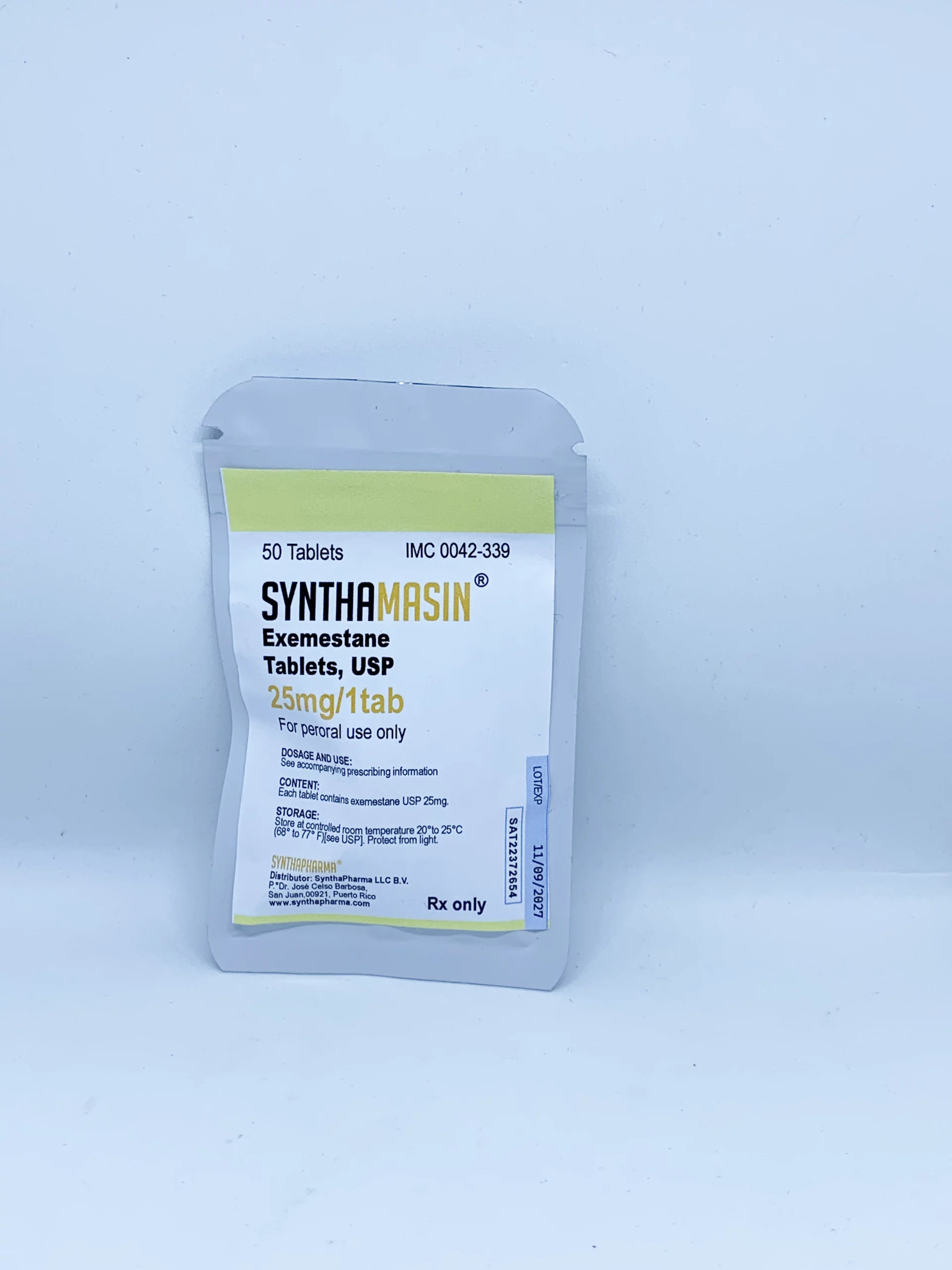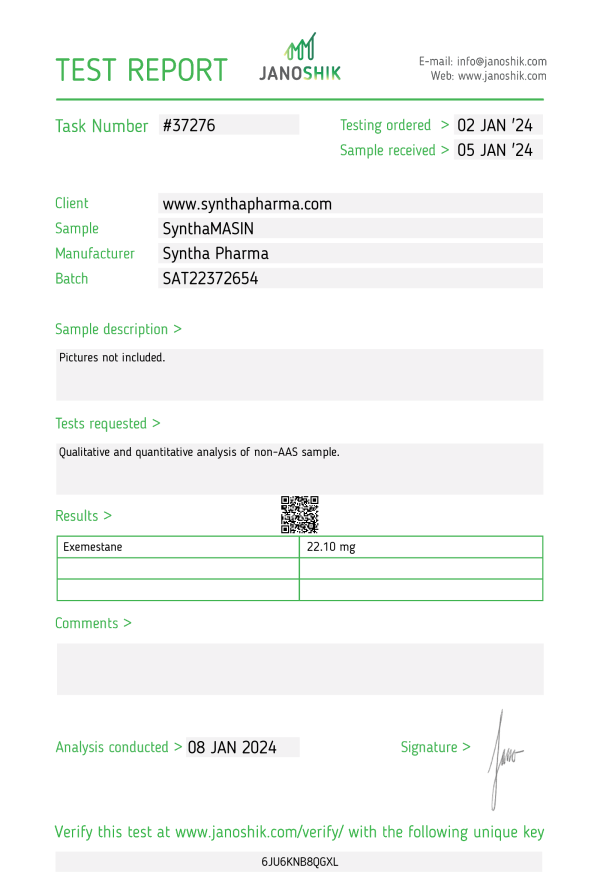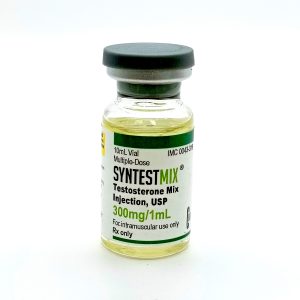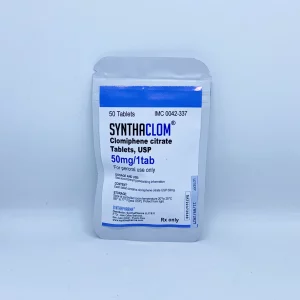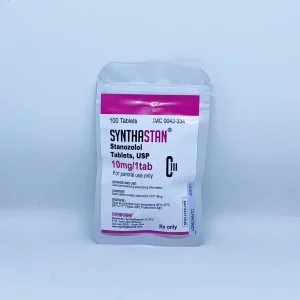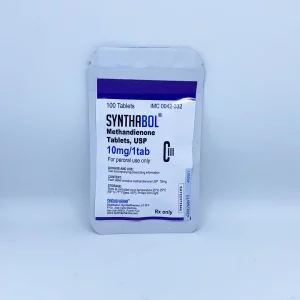Description
SynthaMASIN (Exemestane 50x25mg/tab): A Comprehensive Guide
Exemestane, commonly sold under the brand name SynthaMASIN, is a medication used to treat certain types of breast cancer in postmenopausal women. It belongs to a class of drugs known as aromatase inhibitors, which work by reducing the amount of estrogen produced in the body. In this article, we will explore the benefits, dosage, side effects, and compare Exemestane with another commonly used drug, Anastrozole.
The Benefits of Exemestane
Exemestane has proven to be highly effective in the treatment of hormone receptor-positive breast cancer. By inhibiting the enzyme aromatase, which is responsible for estrogen production, Exemestane effectively lowers estrogen levels in the body. This reduction in estrogen helps prevent the growth and spread of breast cancer cells.
Some of the key benefits of Exemestane include:
- Reduction in the risk of cancer recurrence
- Improved overall survival rates
- Decreased risk of developing contralateral breast cancer
Recommended Dosage of Exemestane
The recommended dosage of Exemestane is 25 mg once daily, preferably after a meal. It is important to follow the prescribed dosage and duration as advised by your healthcare provider. Exemestane is available in the form of 50 tablets, each containing 25 mg of the active ingredient.
Exemestane vs. Anastrozole
Exemestane and Anastrozole are both aromatase inhibitors commonly used in the treatment of hormone receptor-positive breast cancer. While they work in a similar way, there are some differences between the two medications.
Effectiveness: Several studies have compared the effectiveness of Exemestane and Anastrozole in postmenopausal women with early-stage breast cancer. One study found that Exemestane reduced the risk of cancer recurrence by 19% compared to Anastrozole. Another study showed that Exemestane improved overall survival rates when compared to Anastrozole.
Side Effects: Both Exemestane and Anastrozole can cause side effects, although the specific side effects may vary between individuals. Common side effects of Exemestane include hot flashes, joint pain, fatigue, and headache. Anastrozole, on the other hand, may cause nausea, vomiting, and bone pain. It is important to discuss any side effects with your healthcare provider to ensure appropriate management.
Potential Interactions and Precautions
Before starting Exemestane or any medication, it is crucial to inform your healthcare provider about any other medications or supplements you are taking. Certain medications, such as estrogen-containing products or tamoxifen, may interact with Exemestane and affect its effectiveness.
Exemestane is generally considered safe for use in postmenopausal women. However, it is not recommended for use during pregnancy as it may cause harm to the unborn baby. It is important to use effective contraception while taking Exemestane to avoid pregnancy.
Conclusion
SynthaMASIN (Exemestane 50x25mg/tab) is a highly effective medication for the treatment of hormone receptor-positive breast cancer. By inhibiting estrogen production, it helps prevent the growth and spread of cancer cells. When compared to Anastrozole, Exemestane has shown superior effectiveness in reducing the risk of cancer recurrence and improving overall survival rates.
However, it is important to note that Exemestane, like any medication, may cause side effects. It is essential to discuss any concerns or side effects with your healthcare provider for appropriate management.
In conclusion, Exemestane is a valuable tool in the fight against breast cancer, and its benefits outweigh the potential risks. By following the prescribed dosage and precautions, Exemestane can significantly improve the prognosis and quality of life for postmenopausal women with hormone receptor-positive breast cancer.





